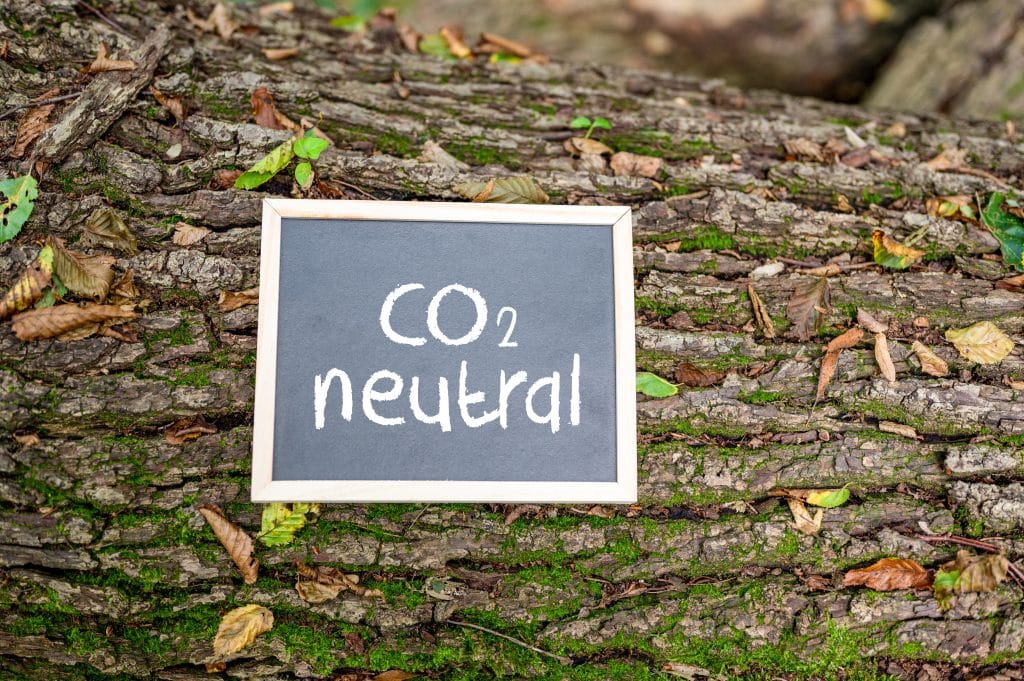The European Union (EU) and France have both set their goal of carbon neutrality by 2050. In an article on www.pig333.com, the IFIP (Institut du porc) reports that they have, in collaboration with Idele (Institut de l’Élevage) and Itavi (L’institut technique des filières avicole, cunicole et piscicole), developed a calculator to find the cost per tonne of CO2 saved by changing manure management practices on pig, cattle, and poultry farms. The calculator compares standard manure management practices with several alternatives.
In the swine industry, standard manure or slurry management consists of storing it in pits under the barns and then transferring it to open-air lagoons, while the alternative practice is to remove the slurry daily via mechanical scraping of the pits and subsequent anaerobic digestion. In their example, under the conditions found in France, with an additional investment cost of €60 (R1 211) per place for mechanical scraping, an investment of €113 000 (R2,28 million) and an operating cost of €3 000 (R6 055) per year for psychrophilic anaerobic digestion, the cost per tonne of carbon dioxide equivalent (CO2e) saved is €41 (R827,50). With an investment subsidy of 40% and heating savings of €10 000 (R201 829) per year through energy substitution, this remaining cost is halved to €20 (R403,66) per tonne of CO2e. In this case, the cost calculations do not consider the possibility of mesophilic anaerobic digestion and the cogeneration and sale of electricity, although the calculator allows all of these scenarios to be calculated. The calculator makes it possible to prioritise the technical and economic criteria that most influence these emissions and to identify possible priority actions in order to reduce greenhouse gas emissions from livestock farming.
Click here to read the full article, as published on www.pig333.com on 17 April 2023.
The South African Pork Producers’ Organisation (SAPPO) coordinates industry interventions and collaboratively manages risks in the value chain to enable the sustainability and profitability of pork producers in South Africa.









